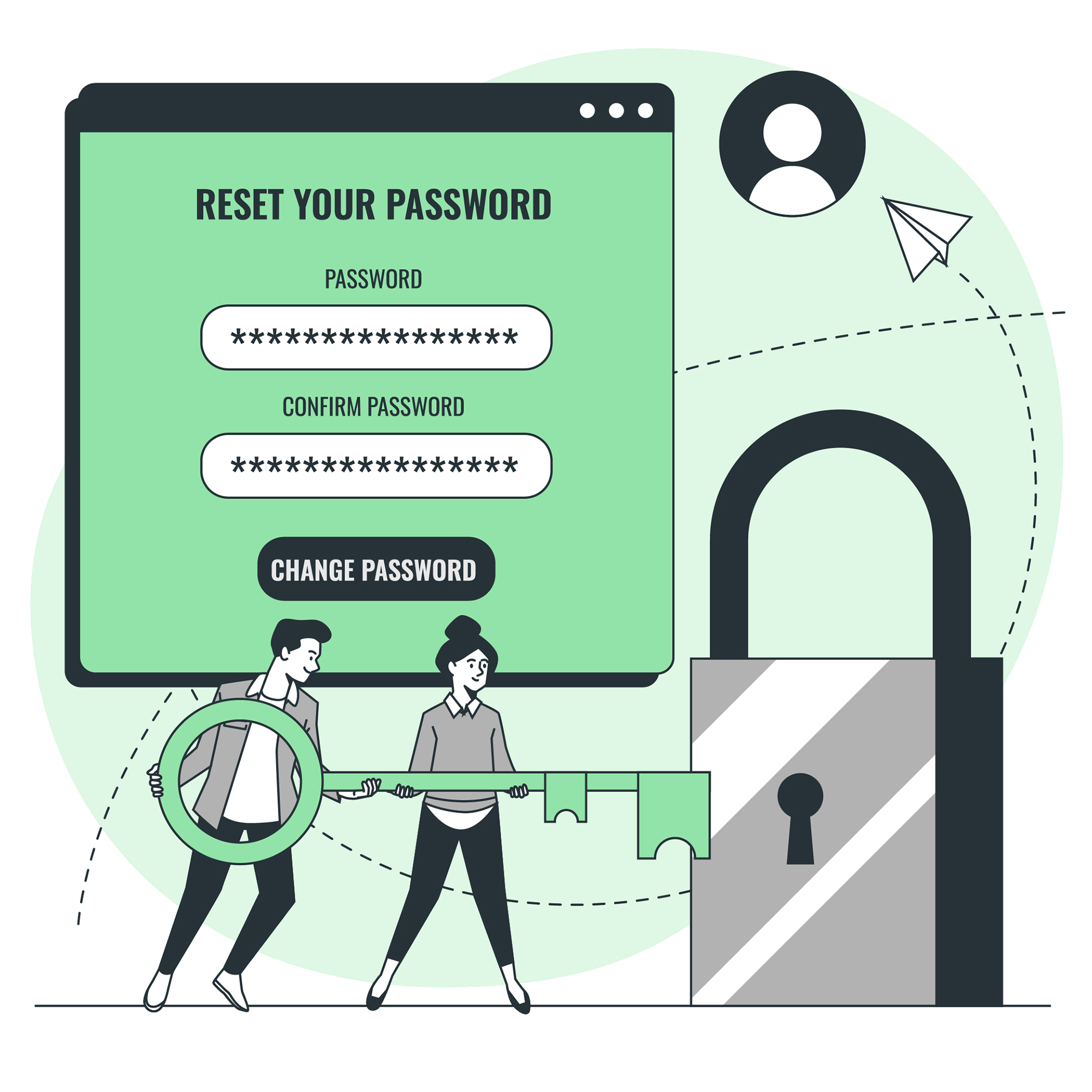How Secure Is My Password?
In today’s digital age, passwords are the keys to our online identity. We use them to access our email, social media accounts, online banking, and more. However, the sad truth is that most people use weak passwords that are easy to guess or crack. In fact, a recent study found that the most common password is still “123456”. This is a major security risk, as hackers can easily gain access to your personal information and use it for malicious purposes. So, is your password hack-proof? Let’s find out.
The Importance of a Strong Password
A strong password is the first line of defense against cyber attacks. It should be unique, complex, and difficult to guess. A weak password, on the other hand, can be cracked in a matter of seconds using automated tools. This can lead to identity theft, financial loss, and other serious consequences. Therefore, it is crucial to create a strong password and keep it safe.
How Hackers Crack Passwords: Techniques and Tools
Hackers use a variety of techniques and tools to crack passwords. These include brute force attacks, dictionary attacks, and social engineering. Brute force attacks involve trying every possible combination of characters until the correct password is found. Dictionary attacks use pre-computed lists of common passwords and words to guess the password. Social engineering involves tricking the user into revealing their password through phishing emails, phone calls, or other means.
The Anatomy of a Strong Password: Tips and Examples
A strong password should be at least 12 characters long and include a mix of upper and lower case letters, numbers, and symbols. It should not contain any personal information such as your name, birthdate, or address. Instead, use a random combination of characters that is easy for you to remember but difficult for others to guess. For example, “p@ssw0rd” is a weak password, while “Tr0ub4dor&3” is a strong one.
Password Managers: The Pros and Cons
Password managers are tools that store and encrypt your passwords for you. They can generate strong passwords, autofill login forms, and sync your passwords across multiple devices. However, they also pose a security risk if they are hacked or compromised. Therefore, it is important to choose a reputable password manager and use two-factor authentication to protect your account.
Multi-Factor Authentication: What It Is and How It Works
Multi-factor authentication adds an extra layer of security to your login process. It requires you to provide two or more forms of identification, such as a password and a fingerprint, before granting access to your account. This makes it much harder for hackers to gain access to your account, even if they have your password.
Common Password Mistakes to Avoid
Some common password mistakes to avoid include using the same password for multiple accounts, using predictable patterns such as “password1”, and sharing your password with others. It is also important to change your password regularly and to use different passwords for different accounts.
How to Test the Strength of Your Password
You can test the strength of your password using online tools such as “How Secure Is My Password” or “Password Meter”. These tools will analyze your password and give you a score based on its complexity and length. They will also provide suggestions on how to make your password stronger.
What to Do If Your Password Is Compromised
If you suspect that your password has been compromised, you should change it immediately. You should also check your account activity and enable two-factor authentication if it is available. If you have used the same password for multiple accounts, you should change those passwords as well.
The Future of Passwords: Trends and Innovations
The future of passwords is likely to involve new technologies such as biometrics, behavioral analytics, and machine learning. These technologies will make it easier to authenticate users and detect fraudulent activity. However, they also raise new security concerns and ethical issues.
===Summing up “Is Your Password Hack-Proof? Find Out Now!”
In conclusion, a strong password is essential for protecting your online identity. By following the tips and best practices outlined in this article, you can create a password that is difficult to guess or crack. Remember to use a mix of upper and lower case letters, numbers, and symbols, and to avoid using personal information. You should also use multi-factor authentication and a reputable password manager to further enhance your security. Stay safe online!




![Crafting Unforgettable Passwords: A Guide for Developers A string of random characters typically has higher entropy compared to a few common words due to the vast number of possible combinations. For example, a 10-character lowercase password has roughly the same entropy as a 4-word passphrase picked from a 5000-word dictionary [5].](https://passwordclinic.com/wp-content/uploads/2024/06/automation-section-3-150x150.webp)





![A string of random characters typically has higher entropy compared to a few common words due to the vast number of possible combinations. For example, a 10-character lowercase password has roughly the same entropy as a 4-word passphrase picked from a 5000-word dictionary [5].](https://passwordclinic.com/wp-content/uploads/2024/06/automation-section-3.webp)

